Meta AI Requests Access to Your Photo Library—What It Means for Users
Meta AI is expanding its capabilities, and now it’s eyeing your private photo gallery—even the images you’ve never posted online. As Facebook continues to integrate artificial intelligence across its services, the tech giant has begun testing a new feature that allows Meta AI to scan photos stored in your camera roll. This move raises significant concerns about Facebook photo privacy, the extent of AI’s access to personal data, and the evolving line between assistance and surveillance.
In this article, we’ll explore how Meta AI works with your photo content, why this matters for AI on camera roll, and what you can do to stay in control of your digital footprint.
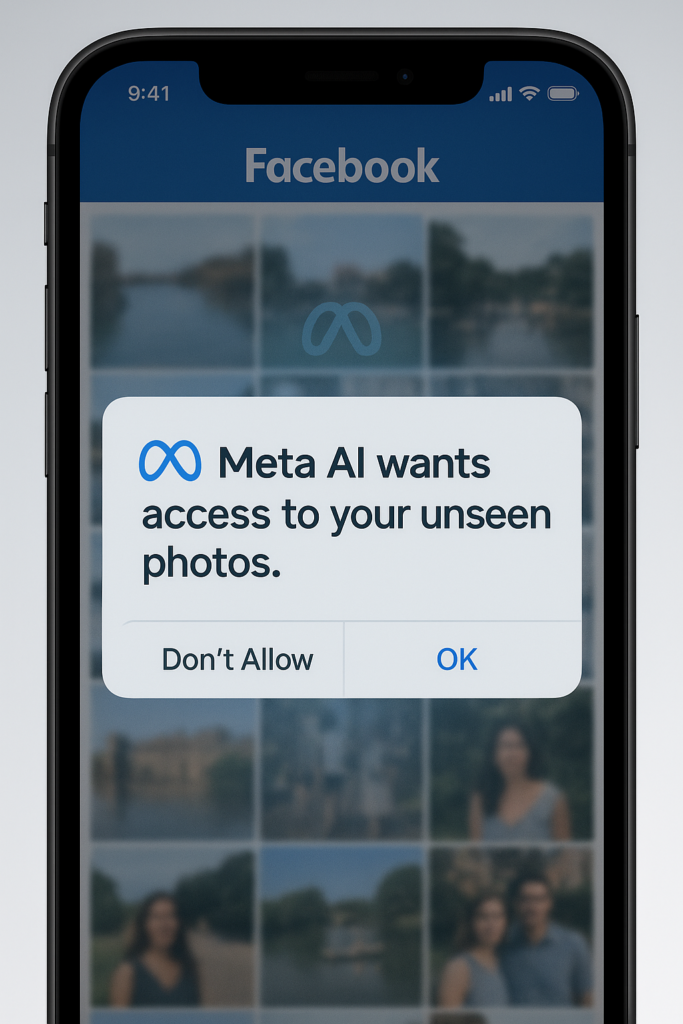
How Meta AI Interacts with Your Photos
During recent testing, users in selected regions received a prompt within the Facebook app asking if they wanted Meta AI to analyze their on-device photos. The feature is optional, but it highlights how far Meta is willing to go to incorporate AI into users’ personal ecosystems.
Here’s what Meta AI is capable of:
- Describing images that haven’t been shared.
- Answering questions about those images (“What’s the recipe on this screenshot?”).
- Finding memories or documents based on content within photos.
- Offering contextual assistance directly tied to your stored images.
This signals a new phase in Meta AI assistant development—one that reaches beyond public interactions into private archives.
Privacy Implications: Should You Be Concerned?
Naturally, this raises pressing questions about Facebook photo privacy. While Meta has stated that this access is permission-based and secured by encryption, users must weigh the convenience of AI support against the cost of allowing a corporate algorithm into their private galleries.

Key privacy questions include:
- How is this data stored?
- Will AI learn from your images permanently?
- What happens if photos contain sensitive or personal information?
- Could AI mistakenly interpret or misuse your content?
For users interested in safeguarding their data, it’s essential to understand how Meta uses personal photos, especially in a future where AI grows more embedded in our daily tech routines.
Meta’s Response and User Controls
Meta claims the feature is “local-first,” meaning photos remain on your device and are only used temporarily for AI responses unless you manually share them. Users have the ability to opt out at any time, and Meta ensures that photos analyzed are not used to train their models.
Still, critics argue this opt-in model may eventually become the default—or that users may feel pressured to enable it for full functionality, a common pattern in tech adoption.
For those seeking clarity, you can access your privacy settings through the Facebook app and review what Meta AI has stored or interacted with.
The Growing Role of AI in Personal Content
This development marks another step in how AI is transforming personal content interaction. The idea of an AI on camera roll isn’t new, but Meta’s push brings it to a much broader audience. From photo organization to memory recall, the future may well be one where AI knows more about your life than you do.
While tools like Meta AI assistant offer productivity and convenience, they also demand deeper discussions about boundaries, data ownership, and ethical AI.
What You Can Do
If you’re not ready to allow Meta AI into your private content, consider these actions:
- Disable AI access to photos through settings.
- Regularly review permissions for your apps.
- Stay informed about updates to Meta’s AI policies.
- Advocate for transparency in AI development and deployment.
For marketers, developers, and tech-savvy users, this moment serves as a case study in balancing innovation with integrity.
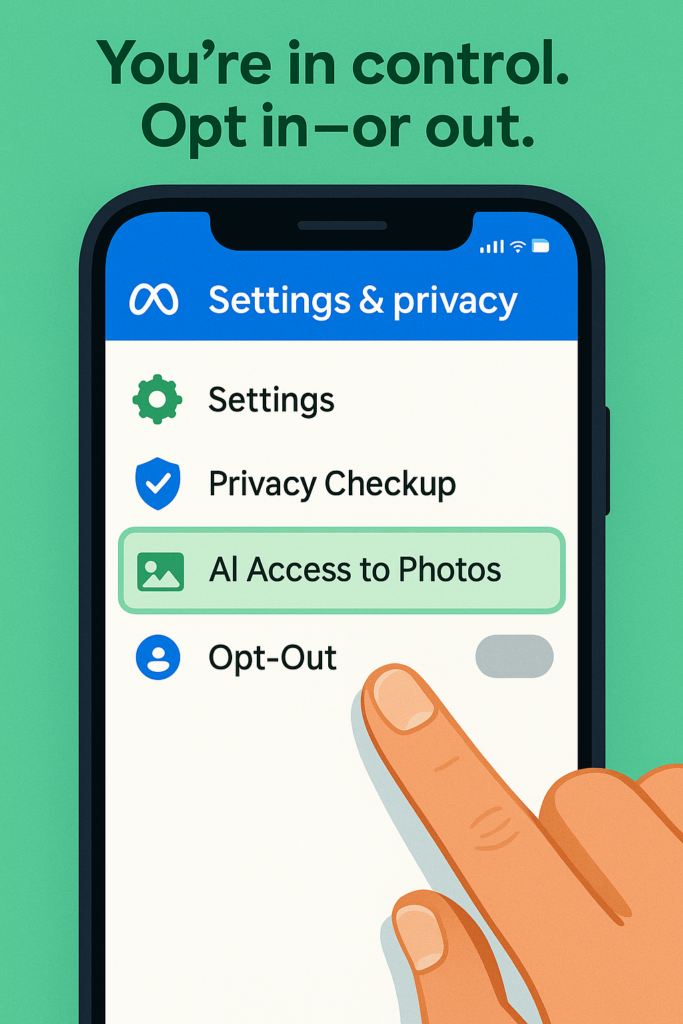
Final Thoughts
Meta’s ambition to have Meta AI access unseen images from your camera roll is a reflection of its long-term AI strategy. Whether this becomes a useful feature or a controversial move will depend on how users respond and how Meta handles privacy concerns.
As the conversation continues, businesses and digital professionals must prepare for an AI-augmented future. If you’re building digital tools or managing content, platforms like Webie can help design ethical, user-first experiences. And for a deeper look into how conversational AI is shaping industries, check out our guide on Understanding AI Chatbot: The Power of ChatGPT.
To stay updated on AI trends and digital transformation, explore our BozzaBench podcast series for actionable insights and expert discussions.


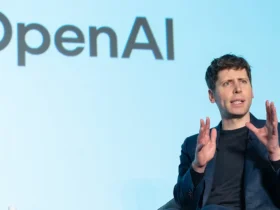



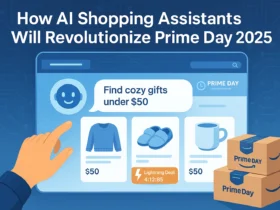






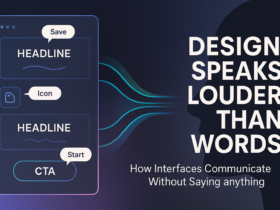

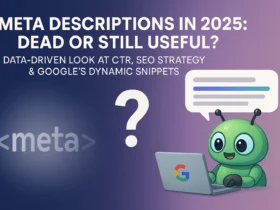









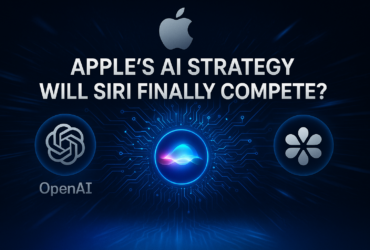

Leave a Reply